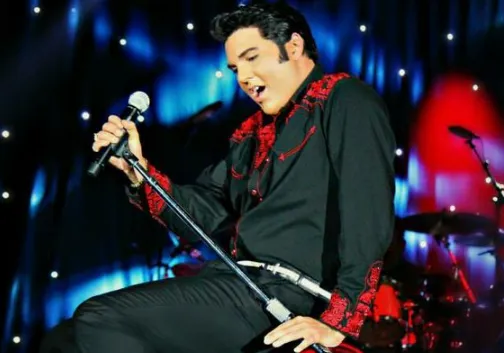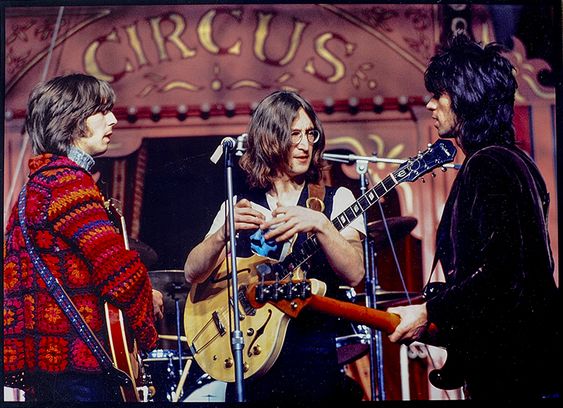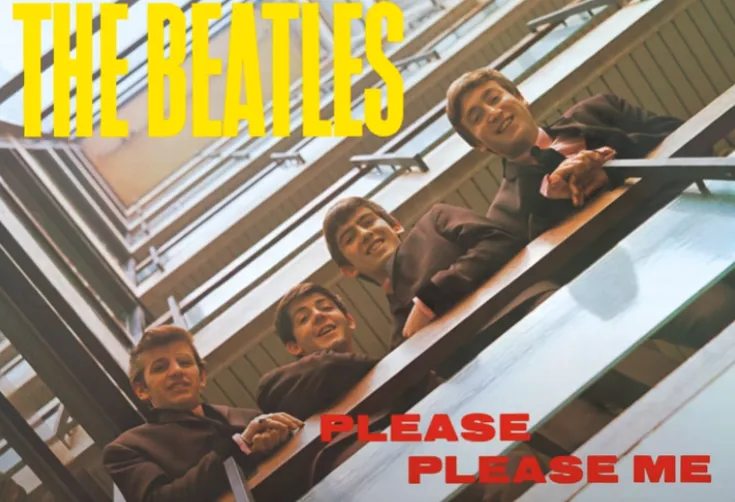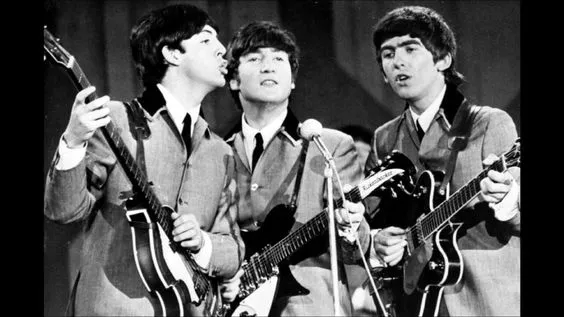About the song
(Watch the video below)
"Tomorrow Never Knows" stands as a revolutionary masterpiece within The Beatles' illustrious catalog, pushing the boundaries of popular music and heralding the dawn of a new era in sound and experimentation. Released as the final track on their groundbreaking 1966 album "Revolver," the song represents a bold departure from the band's earlier, more conventional pop sound, embracing avant-garde techniques and electronic innovation to create a sonic landscape that was both visionary and groundbreaking.
At its core, "Tomorrow Never Knows" is a sonic collage, a kaleidoscopic journey into the depths of the subconscious mind. The song's lyrics, inspired by Timothy Leary's book "The Psychedelic Experience: A Manual Based on the Tibetan Book of the Dead," explore themes of enlightenment, ego dissolution, and transcendence. Drawing on Leary's teachings and the burgeoning psychedelic movement of the 1960s, John Lennon crafted a series of cryptic, surrealistic verses that invite listeners to surrender to the unknown and embrace the transformative power of inner exploration.

Musically, "Tomorrow Never Knows" is equally groundbreaking, featuring an array of innovative techniques and experimental flourishes that push the boundaries of what was possible in popular music at the time. The song's hypnotic groove, anchored by Ringo Starr's mesmerizing drum pattern, provides a relentless pulse that propels the listener forward on a hypnotic journey. Over this rhythmic foundation, a tapestry of electronic sounds and studio effects unfolds, including backward guitar loops, tape manipulation, and otherworldly vocal treatments, creating a dense, otherworldly sonic landscape that defies easy categorization.
One of the most iconic elements of "Tomorrow Never Knows" is its use of tape loops, a technique pioneered by the band's innovative producer, George Martin, and inspired by the work of avant-garde composers such as Karlheinz Stockhausen. Utilizing multiple tape machines and reel-to-reel recordings, Martin and the band created a collage of sound that was both intricate and immersive, layering loops of distorted guitars, swirling vocals, and ethereal effects to create a sense of disorientation and wonder.

Beyond its technical innovations, "Tomorrow Never Knows" holds significance as a cultural touchstone of the 1960s, reflecting the spirit of experimentation and exploration that defined the era. Released at a time of social upheaval and cultural revolution, the song served as a sonic manifesto for a generation of young people who were challenging established norms and seeking new forms of expression. Its psychedelic soundscapes and cryptic lyrics resonated deeply with audiences, serving as a soundtrack for the burgeoning countercultural movement and inspiring countless artists to push the boundaries of their own creativity.
Over the years, "Tomorrow Never Knows" has endured as one of The Beatles' most enduring and influential compositions, continuing to captivate and inspire listeners across generations. Its impact can be felt across a wide range of musical genres and styles, from rock and electronic music to experimental and avant-garde. Countless artists have cited the song as a source of inspiration, praising its boldness, innovation, and visionary spirit.
In conclusion, "Tomorrow Never Knows" stands as a testament to The Beatles' unparalleled creativity and their willingness to push the boundaries of popular music. With its groundbreaking sound, cryptic lyrics, and visionary spirit, the song remains as relevant and compelling today as it was upon its release over half a century ago. As long as there are ears to hear and minds to explore, "Tomorrow Never Knows" will continue to enchant and inspire generations to come, serving as a timeless reminder of the transformative power of music to expand our consciousness and transcend the boundaries of the known.



